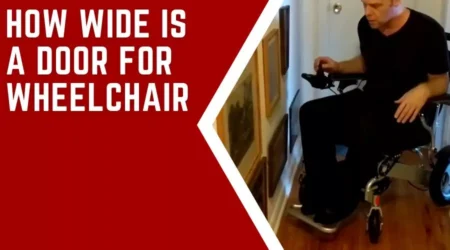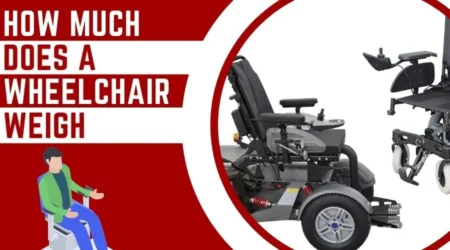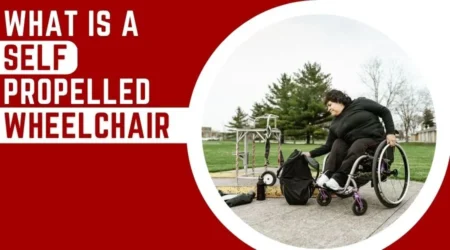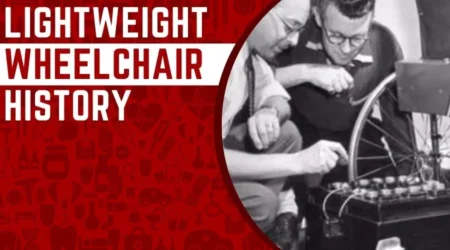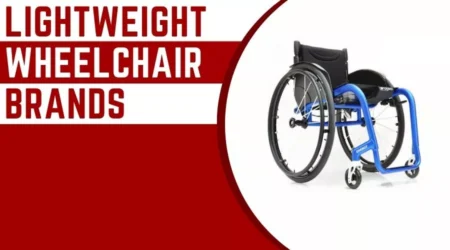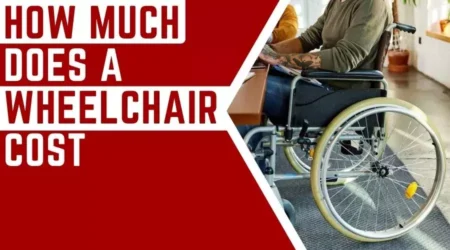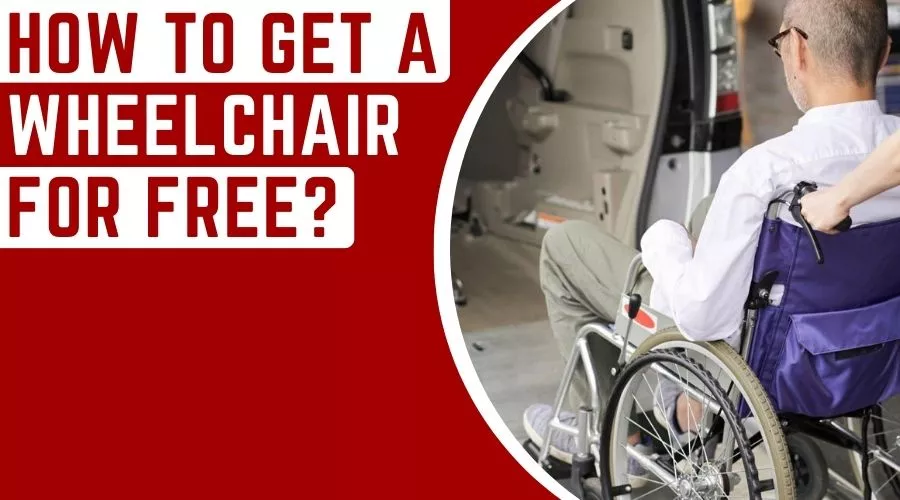
Getting a wheelchair can be expensive, but there are options for those who are unable to afford one. If you are in need of a wheelchair, there are several ways to get a wheelchair for free or at a low cost.
The first step in getting a free wheelchair is to understand the eligibility criteria. To be eligible, you must have a medical need for the wheelchair and meet certain financial requirements.
Understanding the criteria for a free wheelchair
a. Medical necessity:

To get a free wheelchair, you must have a medical need for it. This means that you have a health condition or injury that affects your mobility and makes it difficult or impossible for you to walk. Your doctor will need to provide a written order and submit a prior authorization request to Medicare or Medicaid if you have those coverage options.
b. Income and financial status:
You may also need to provide information about your income and financial status to see if you are eligible for a free wheelchair. There are programs and organizations that offer free wheelchairs to those who meet certain financial criteria.
c. Medicaid and Medicare coverage:
If you have Medicaid or Medicare coverage, you may be eligible for a free or low-cost wheelchair. Medicaid and Medicare both provide coverage for durable medical equipment (DME) like wheelchairs. Medicaid coverage may vary by state, so it’s important to check with your local Medicaid office for details.
Contacting healthcare providers
There are several healthcare providers that may be able to assist you in getting a free or low-cost wheelchair.
a. Primary care physician:

Your primary care physician may be able to assist you in getting a wheelchair. They may be able to provide a written order for a wheelchair and help you navigate the process of getting one through Medicaid or Medicare.
b. Hospitals and rehabilitation centers:
Hospitals and rehabilitation centers may also have information about programs and resources for getting a free or low-cost wheelchair. They may also be able to provide you with a written order and help you with the process of getting a wheelchair through Medicaid or Medicare.
c. Local health clinics and community centers:
Local health clinics and community centers may also have information about programs and resources for getting a free or low-cost wheelchair. They may also be able to connect you with organizations and programs that can assist you in getting a wheelchair.
Researching community resources

There are several community resources that may be able to assist you in getting a free or low-cost wheelchair.
a. Non-profit organizations:
Non-profit organizations that focus on disability and mobility issues may be able to assist you in getting a free or low-cost wheelchair. They may have programs and resources available to those who are in need of a wheelchair.
b. Charitable foundations:
Charitable foundations may also be able to assist you in getting a free or low-cost wheelchair. They may have programs and resources available to those who are in need of a wheelchair and meet certain financial criteria.
c. Church groups and volunteer programs:
Church groups and volunteer programs may also be able to assist you in getting a free or low-cost wheelchair. They may have programs and resources available to those who are in need of a wheelchair and meet certain criteria.
Exploring government programs
There are several government programs that may be able to assist you in getting a free or low-cost wheelchair.
a. Medicaid and Medicare:
Medicaid and Medicare both provide coverage for durable medical equipment (DME) like wheelchairs. Medicaid coverage may vary by state, so it’s important to check with your local Medicaid office for details.
b. Department of Health and Human Services:

The Department of Health and Human Services (HHS) offers several programs that can help individuals with disabilities, including the provision of wheelchairs. Eligible individuals can receive wheelchairs, scooters, and other durable medical equipment through Medicaid or Medicare programs.
c. Department of Veterans Affairs:
The Department of Veterans Affairs (VA) provides wheelchairs and other mobility aids to eligible veterans. The VA covers the cost of wheelchairs and mobility aids for veterans who have a service-connected disability, as well as for veterans who are eligible for compensation due to a non-service-connected disability.
d. Applying for Financial Assistance:
Understanding the Application Process: To apply for financial assistance, it is important to understand the process. Depending on the program, you may be required to provide documentation, complete an application, and provide proof of eligibility.
e. Gather Required Documentation:
Before applying for financial assistance, it is important to gather the required documentation. This may include proof of income, disability, and residency. It is important to gather all the required documents to ensure that your application is processed smoothly and quickly.
f. Completing and Submitting the Application:
Once you have gathered the required documentation, you can complete the application and submit it to the relevant agency. It is important to provide accurate and complete information on the application to ensure that your application is processed smoothly and quickly.
g. Considering Alternative Options:
In addition to financial assistance programs, there are other alternative options that may help you get a free wheelchair. These options include:
Used or Refurbished Wheelchairs:
There are many organizations that provide used or refurbished wheelchairs at a reduced cost or for free. These organizations may require proof of need or income, so it is important to research your options before applying.

a. Renting or Leasing Options:
Another option is to rent or lease a wheelchair. This is a good option for individuals who only need a wheelchair for a short period of time or for those who are not sure if they need a wheelchair long-term.
b. Loan Programs and Financing Options:
There are also loan programs and financing options available for those who need a wheelchair but cannot afford to purchase one. These programs may require a credit check, so it is important to research your options before applying.
FAQS
What diagnosis qualifies for a wheelchair?
A wheelchair may be prescribed for individuals with limited mobility due to a variety of health conditions, such as arthritis, paralysis, multiple sclerosis, Parkinson’s disease, spinal cord injuries, or other mobility impairments. The medical need for a wheelchair should be determined by a primary care physician or specialist based on the individual’s specific health condition and daily living needs
.How do I ask my doctor for a wheelchair?
When asking your doctor for a wheelchair, it is important to explain your specific mobility needs and any difficulties you may be facing in your daily activities. It may also be helpful to bring up any health conditions that are affecting your mobility. Your doctor may perform an evaluation to determine if a wheelchair is medically necessary and can then write a written order for the equipment.
Do I need a prescription for a new wheelchair?
Yes, a prescription from a doctor is usually required for Medicare and other insurance providers to cover the cost of a new wheelchair. The prescription should specify the type of wheelchair required, including manual or power-operated, and should be written by the individual’s primary care physician or specialist. The prescription is an important document needed to complete the prior authorization process and to determine if the individual is eligible for coverage under their insurance plan.

